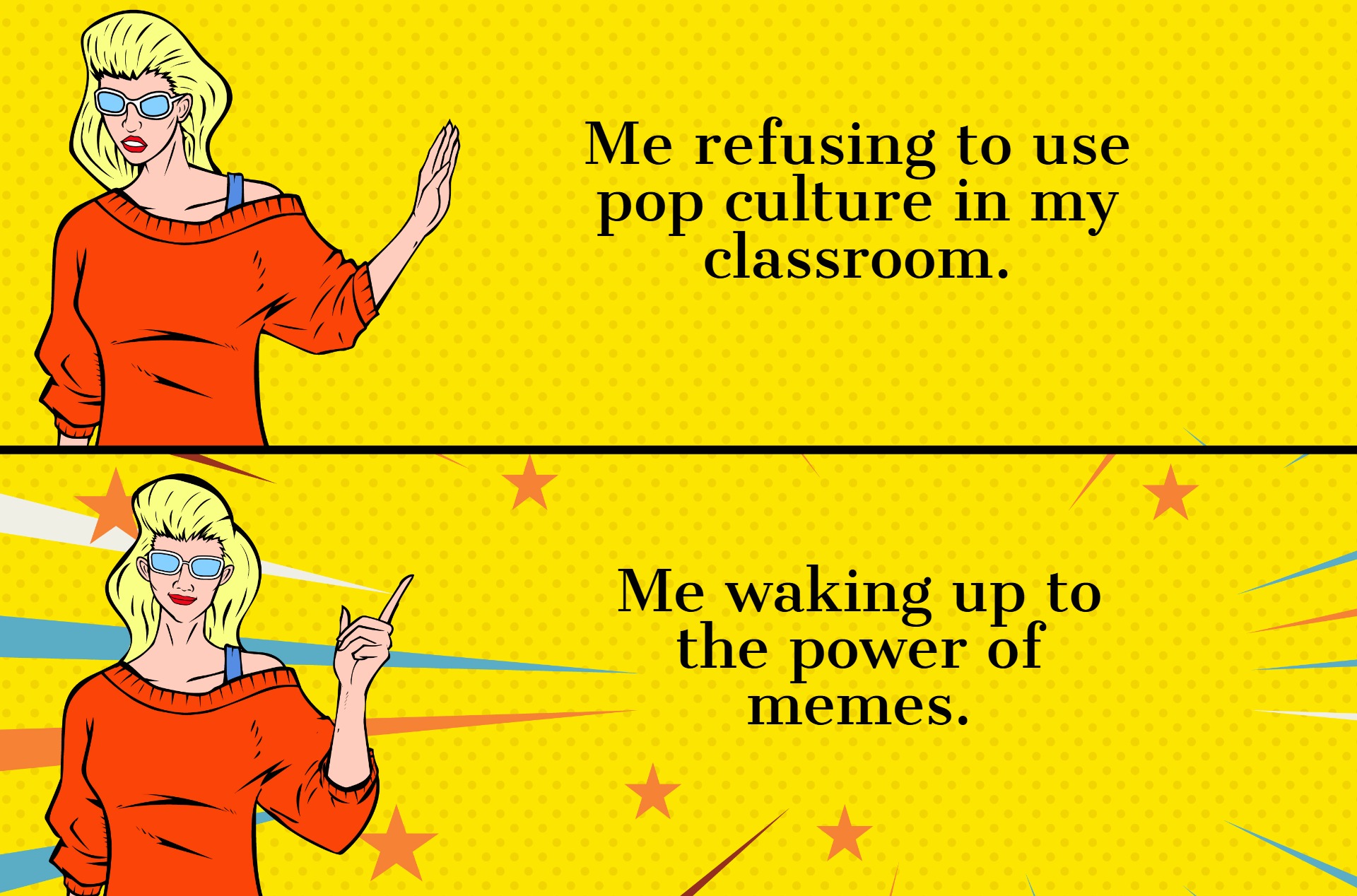Call yourself an academic leader? If so, get over yourself
Impoverished role-based definitions of leaders are endemic across universities, but we need to reclaim ‘leader’ as a gift word.

Do you call yourself an “academic leader?” Do you call yourself any kind of “leader” because you hold an administrative or supervisory role? Do you label others in such roles as leaders for the same reason – in your “leadership team?” If so, it is time to re-think your definition of this idea.
For the notion of what makes for a “leader” in many universities is a colossal, desperate and damaging mess. Ill-thought and ill-judged, it disempowers most of those who supposed leaders purport to lead.
An impoverished definition that sees the mantle of “leader” being ascribed to others or, worse still, yourself, based on a job or role is more damaging than useful. This imposition says far more about you than anything you might contribute in your role. Yet, these conceptions are nevertheless endemic across our universities.
It’s unclear what books or evidence-informed practice that role-based approaches to leadership cascade from. Contemporary approaches to leadership ascribe it to the Mad Men past. In their book The Leadership Illusion, Tony Hall and Karen Janmen review decades of work on the subject and conclude that the definitions are notoriously slippery, but what leadership looks like depends far less on fixed entities, like titles or roles, than on context. Leadership can be as evident in silence and inaction – as it is in talk and action.
Mats Alvesson goes further to eviscerate dominant notions of leaders as being fixated on maddeningly circular concepts in which leadership is cast as distinct and identifiable while simultaneously vague and inconsistent. Leadership is a ragbag of self-justifying post-hoc rationalizations of personality, behaviour, relations, interactions, principles or followers’ conceptions captured in people, relationships, and groups. Leadership, to this view, is reduced tautologically to a thing that senior people, cast as “leaders,” possess or exercise. Discussions of leadership and leaders, Dr. Alvesson advances, fall readily into vacuous heroic mythologizing of great leaders impacting persuadable followers, or romanticized accounts of virtuous leaders in worlds populated with followers. Leadership, in short, has been reified – becoming an “it” – that is removed from diverse context-bound complex praxis and situations.
In a contemporary world in which people increasingly draw a distinction between holding offices of authority and exercising leadership, it’s curious why role-based approaches remain so dominant in universities.
Perhaps it’s because universities often lack the traditional power structures common to corporate or other government organizations. In a university, the crutch of the “leader” yields a comforting illusion of authority and credibility amidst sometimes stormy external, internal and collegial waters. Worse still, role-bound views of leaders and leadership can form invisibility cloaks to mask all manner of aggressive or self-aggrandizing behaviours by supposed leaders. The book Faculty Incivility identifies over 75 different types of bullying, harassment and incivility prevalent in universities – with those enacted within organizational hierarchies being some of the most common and challenging to hold to account.
How do we reclaim the notions of “leader” and “leadership” from the jaws of roles or self-proclamation? Like being successful, humble, or funny – leadership is evident in the eyes of others, not the individual. Renowned coach of coaches, Ian Chisholm of Roy Group, introduced us to the idea that “mentor” is a special “gift word” which speaks to a sacred concept that simply cannot be applied to the self or without weighty consideration. The same holds true for “leader.”
Viewing “leader” as a gift word which is bestowed only by others speaks to the value and nuance of true leadership. It speaks for purity, integrity and ethics in actions as perceived and understood, rather than claimed. It speaks against the ego and entitlement of the self-defined, role-bound leader.
While we need to use the word “leader” more carefully, we also need to use it more generously – to recognize and celebrate the leaders around us every day in so many diverse ways , separate from status, authority or hierarchy. When those involved in university administration, committees, and supervision view “leader” as a gift word, it empowers everyone to strive to make their highest contribution, and contributes to more inclusive and authentic leadership spaces and practices. Few actions mark a true leader more than that.
Featured Jobs
- Business – Lecturer or Assistant Professor, 2-year term (Strategic Management) McMaster University
- Education - (2) Assistant or Associate Professors, Teaching Scholars (Educational Leadership)Western University
- Canada Excellence Research Chair in Computational Social Science, AI, and Democracy (Associate or Full Professor)McGill University
- Veterinary Medicine - Faculty Position (Large Animal Internal Medicine) University of Saskatchewan
- Psychology - Assistant Professor (Speech-Language Pathology)University of Victoria












Post a comment
University Affairs moderates all comments according to the following guidelines. If approved, comments generally appear within one business day. We may republish particularly insightful remarks in our print edition or elsewhere.
3 Comments
I don’t call myself an “academic leader” and don’t hold an administrative or supervisory role. Previously I worked at Australia’s national defense HQ, for, and with senior military officers. Leadership was literally a life and death issue for that organisation, but not something people talked about day to day. But it was clearly understood that when preparing a team for a mission, the most qualified was the leader, regardless of rank, or official position. If the most junior person has the technical knowledge and experience then they say what to do.
In early 2020 an emergency meeting was called at my university about the threat of a virus. We were asked if could we teach students who were in China online. I spoke up to say I knew how to do this, as for my Master of Education at Athabasca University I had studied how to have Chinese and Australian students online A room full of much more senior academics then bombarded me with questions on how this could be done. They did not do all I recommended, but I am proud to have been able to provide that advice.
This article and its content is spot on. Being assigned a role does not a leader make. There are several traits and characteristics, self excavation is one dear to me. There is also situational leadership and servant leadership that gets closer to the mark. A leader must have a value base that is a north star that never falters and the leader must aspire to making a contribution big or small. Leadership is all these things and more – a humble hero’s journey perhaps. It is robust and vast and hard to fully describe but you know it when you see it! They are out there but not vying for the spotlight.
Thank you for taking this needed inroad!
I appreciated the insights in this essay. The piece that hit me most was “leadership is evident in the eyes of others, not the individual.” An idea echoed in Myreene Tobin’s comment above, “…you know it when you see it.” Given the various crises that Canadian post-secondary continue to be mired in, I think people are pulling away from traditional and hegemonic views of leadership. And one of the most significant crises identified by the authors is that of top-down harassment and bullying, bought and paid for at times by one’s place on the hierarchy, by one’s “leadership” label. But as university faculty and staff begin to pull away from accepted labels of leadership, and move toward celebrating and respecting leadership qualities that show up wherever, the power, pull and abuse of formal leadership may lessen. And this may have one of two consequences: doubling-down (yikes) or disintegrating. There may be a third consequence: smartening up. Regardless, it feels like we may be in the midst of a coup, facilitated by tough times and by brave leaders. And you’ll know these leaders when you see them.